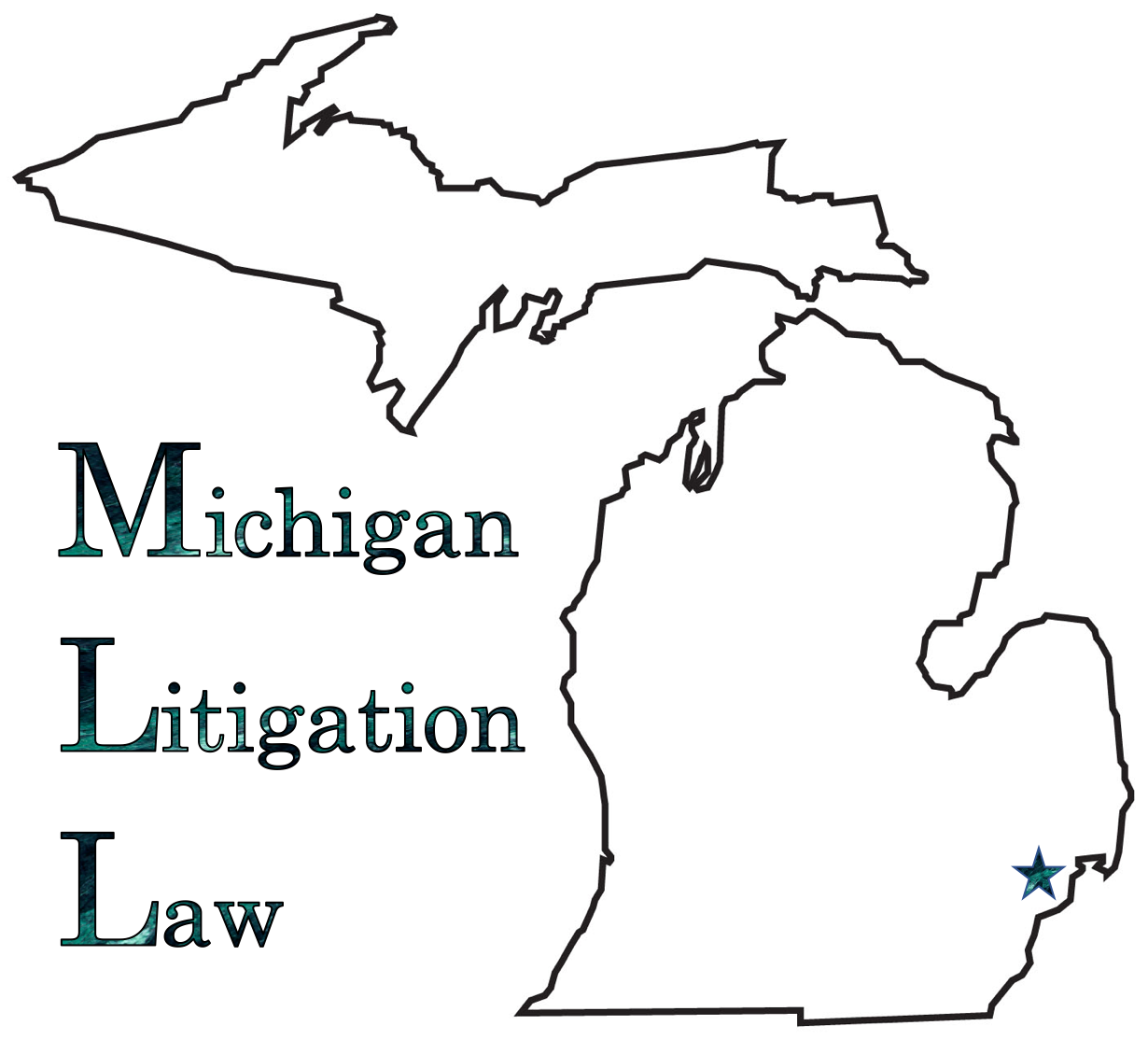State vs Federal Civil Rights Actions
Michigan antidiscrimination statutes are modeled after federal statutes. For the most part, however, the state statutes offer greater protection and broader remedies than their federal counterparts. For example, Title VII claims are subject to statutory damages caps, and ELCRA claims are not. Because the federal statutes do not preempt the Michigan statutes, see, e.g., New York Gaslight Club, Inc v Carey, 447 US 54 (1980) (Title VII does not preempt state antidiscrimination statute), plaintiffs usually file suit under state law whenever possible. Where the defendant is a foreign corporation, most defendants seek removal to federal court based on diversity. 28 USC 1332(a), (b). Thus, plaintiffs may want to preserve their federal claims by complying with any administrative exhaustion requirements before filing suit, so that such claims may be added by way of amendment if the case is successfully removed. Plaintiffs should also consider adding any individual defendants residing within the state who may properly be held liable for plaintiffs’ claims, to avoid diversity jurisdiction.
The ELCRA does not allow plaintiffs to seek or recover punitive damages. Title VII does allow for the recovery of punitive damages, but they are subject to statutory damages caps. The ADEA allows for the recovery of liquidated damages in cases involving willful violations. Liquidated damages are not available to age discrimination plaintiffs under the ELCRA.

